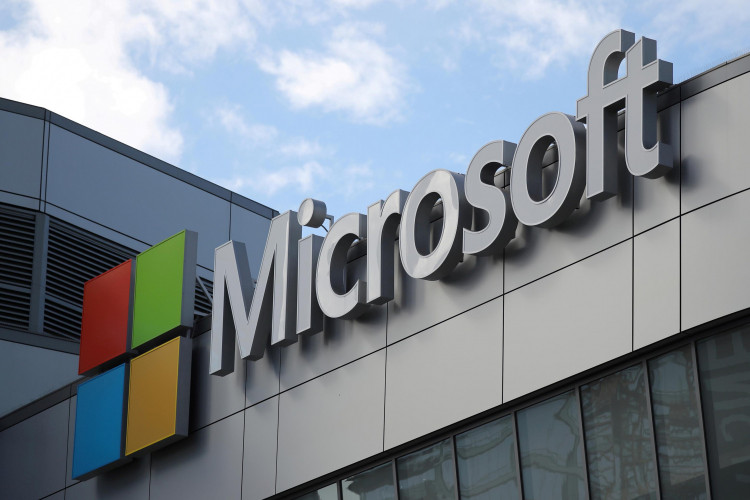Finding a solution to a challenging problem may not be such a tiresome, mind-numbing task in the not-too-distant future. Microsoft is reportedly merging the AI technology that powers ChatGPT into its Bing search engine, a move that could change the way we search.
On Jan. 23, Microsoft revealed plans to invest $10 billion further in OpenAI, the creator of ChatGPT. The agreement would keep both firms on the front edge of generative AI, a technology employed in ChatGPT that can learn from massive quantities of data to create nearly any content format from a text input.
What Bing's AI-driven search results would look like specifically is unknown at this time. But in terms of how a search engine displays results and how users engage with them, AI researchers anticipate a significant change from the status quo.
AI researchers believe that Bing may be able to outperform Google's long-standing dominance, notably by offering users a better search experience.
Microsoft appears to be aiming to beat Google at its own game by leveraging OpenAI's artificial intelligence. According to The New York Times, Google management issued a "code red," following the release of ChatGPT. According to the source, internal teams have been allocated to begin work on AI between now and a business conference in May.
ChatGPT is a smart chatbot that went popular worldwide after its consumer release in late November as a free online tool accessible to anybody with an internet connection. The AI-powered chatbot grabbed headlines in part because of its ability to provide meal plans and authoritative responses to complex inquiries within seconds of being prompted.
In spite of this, Statista estimates that in 2022, Google's search engine would hold an unchallenged market share of 84%, compared to Bing's 9% (although it has increased recently).
ChatGPT does have a great deal of potential, but it also has a lot of drawbacks. Critics of ChatGPT claim that because it's not always obvious where the chatbot gets its data, it can be challenging for users to put their trust in the outcomes.
The imperfection of the data that ChatGPT was trained on, such as biased or false information, is another point of contention raised by skeptics, who claim that ChatGPT will always be vulnerable to attack.
For now, we can hold on to the idea that as technology improves over time, which means that its limitations can be reversed in the future.




